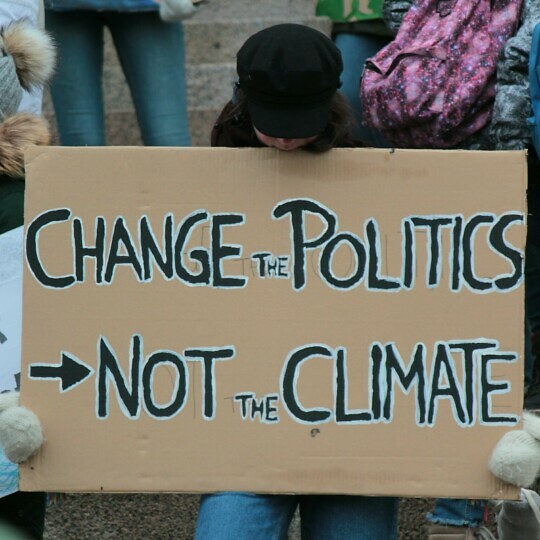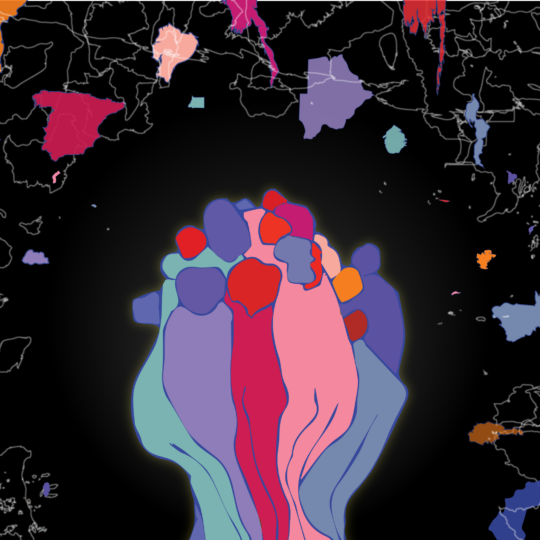| 9 Oct 2015 | All day | CRASSH (SG1&2), Alison Richard Building, 7 West Road, CB3 9DT | |
- Description
- Programme
- Abstracts
Description
Registration is now closed
Conference fee: £20 (full), £10 (students)
Conveners
Juliet Griffin (Department of Psychiatry)
Nora Heinzelmann (Faculty of Philosophy)
Gabriela Pavarini (University of Cambridge)
Faculty advisors
Richard Holton (Professor of Philosophy, Faculty of Philosophy)
Benedetto De Martino (Sir Henry Dale Senior Research Fellow, Department of Psychology)
Tom Dougherty (Lecturer, Faculty of Philosophy)
Summary
The Moral Psychology Interdisciplinary Conference aims to identify the most recent theoretical and methodological research challenges in morality research from various disciplines. This full-day conference will include a variety of short invited lectures, panel discussions, and working groups. The working groups will be assigned based on research area and will provide an opportunity to engage in a structured discussion on issues related to your current research and within an interdisciplinary team. Lunch and refreshments will be provided.
Sponsors

Supported by the Centre for Research in the Arts, Humanities and Social Sciences (CRASSH).
Accommodation for speakers selected through the call for papers and non-paper giving delegates
We are unable to arrange or book accommodation, however, the following websites may be of help.
Visit Cambridge
Cambridge Rooms
University of Cambridge accommodation webpage
Administrative assistance: events@crassh.cam.ac.uk
Programme
| 9.00-9.30 | Registration and welcome |
| 9.30-11.00 | PANEL SYMPOSIUM 1: The Future of Moral Psychology
Chaired by Professor Richard Holton |
| 11.00-11.30 | Coffee break |
| 11.30-13.00 | PANEL SYMPOSIUM 2: On Responsibility and Control
Chaired by Dr Tom Dougherty |
| 13.00-14.00 | Lunch |
| 14.00-16.00 | INTERDISCIPLINARY DISCUSSION GROUPS Four parallel discussion sessions chaired by different group leaders. Speakers are welcome to join groups as participants.
|
| 16.00-16.30 | Coffee break |
| 16.30-18.00 | KEYNOTE The Importance of Feeling Honest : A Candid Take on Moral Motivation
Chaired by Professor Daniel Effron |
Abstracts
INTERDISCIPLINARY DEBATES
The Future of Moral Psychology
Over the past fifteen years there has been an explosion of research on human morality and its neural underpinnings. In this panel, Josh Greene (Harvard) and Molly Crockett (Oxford) will discuss the current state of research on moral cognition and behavior, recent methodological and theoretical developments, key unresolved questions, and major challenges for the field to address moving forward.
On Responsibility and Control
Lisa Bortolotti (Birmingham) and Jillian Craigie (King’s College London)'s presentations will discuss challenges in attributing responsibility for action.
Jillian Craigie will discuss the difficulties currently presented by questions about the impact of alcohol addiction on legal issues of personal and criminal responsibility. These can be partly explained by the problem of devising legal tests that allow the volitional problems that are central to addiction to be taken into account. Are cognitive tests sufficient, or do such tests need a control limb? An analysis of the approach taken in law concerning anorexia nervosa—where problems of control are also central—will be used to reflect on the approach taken to alcohol dependence in English law.
Lisa Bortolotti will ask whether people are epistemically responsible for their developing delusional beliefs, and morally responsible for the actions motivated by such beliefs. Lisa will argue that people are not to be blamed for developing delusional beliefs, but they may be as responsible for the actions motivated by their delusional beliefs as they are for the actions motivated by their other (non-delusional) epistemically faulty beliefs. By reference to some case-studies, she will suggest that it is not clear how clinical delusions differ in either their epistemic features or their motivating role from other epistemically faulty beliefs that are not commonly identified as symptoms of mental disorders.
PARALLEL DISCUSSION SESSIONS
Morality and the Self – Daniel Effron (London Business School)
People are highly motivated to feel and appear virtuous. To preserve a moral self-concept, they will inhibit themselves from giving into unethical temptations, they will jump through mental hoops to rationalize their bad behavior, and they will derogate people who make them feel morally inferior. In this session, we will discuss as a group how the motivation to feel and appear virtuous can affect people's actions and judgments of others. Sample discussion topics include why people sometimes act like hypocrites, what leads people to judge moral exemplars as righteous and worthy of admiration versus self-righteous and worthy of scorn, and how moral guidance can be given without making people feel defensive.
Mindreading and Morality: A Comparative Perspective – Marta Halina (Cambridge)
Many philosophers and psychologists hold that the ability to mindread or represent the mental states of other agents is a central feature of moral psychology. What role does mindreading play in the cognitive mechanisms underlying moral motivation and reasoning? This discussion session will aim at addressing this question from the perspective of recent research in comparative psychology. It will ask: Is mindreading required for moral capacities such as altruistic motivation and moral judgments? What does contemporary work on cognitive abilities such as visual perspective taking and cooperation in great apes and human infants suggest? What further research is needed in order to expand and integrate our understanding of these cognitive mechanisms? And, lastly, what are the practical and policy implications of what we know thus far?
Moral Motivation and Mental Illness – Marion Godman (Helsinki)
The question of what we ought to do is at the heart of normative ethics, but what we ought to do is often in plain view — it is the (moral) motivation that is lacking. But what then does makes us motivated to act morally? Although the philosophical discussion since Hume has been on the issue of whether moral beliefs themselves can be motivating or whether we need something else in addition for moral agency, I would like to discuss this topic in light of some recent research that casts some doubt on whether there is something like a 'moral motivation' at all. Some work I have in mind is: 1) The so-called 'Good Samaritan' experiments where specific situations or stressors seemingly rebut, or at least override the effects of, virtuous character traits possessed by individuals. So is there anything robust in our psychological make-up that is predictive of our moral behaviour? 2) Recent work on individuals with psychopathic traits suggests that they are less concerned to avoid things at the cost of fear, distress and punishment. But is the salience of past or possible punishment also a prerequisite for acting morally or merely a deterrent for immoral behaviour?
KEYNOTE
The Importance of Feeling Honest : A Candid Take on Moral Motivation
Benoît Monin (Stanford University)
In moral situations, do people actually want to do the right thing, or simply avoid feeling inadequate? Recognizing that moral motivation, at the proximal level, often centers merely around preserving one’s self-image helps elucidate otherwise puzzling phenomena: Why is it, for example, that do-gooders are sometimes so annoying to others? Why do people, after performing good deeds, feel that it’s more OK to make dodgier choices? And can ethical behavior be fostered simply by reinforcing the link between an action and its implication for the moral character of the perpetrator? I will present studies exploring these questions and demonstrating the importance of moral self-image in everyday morality.













